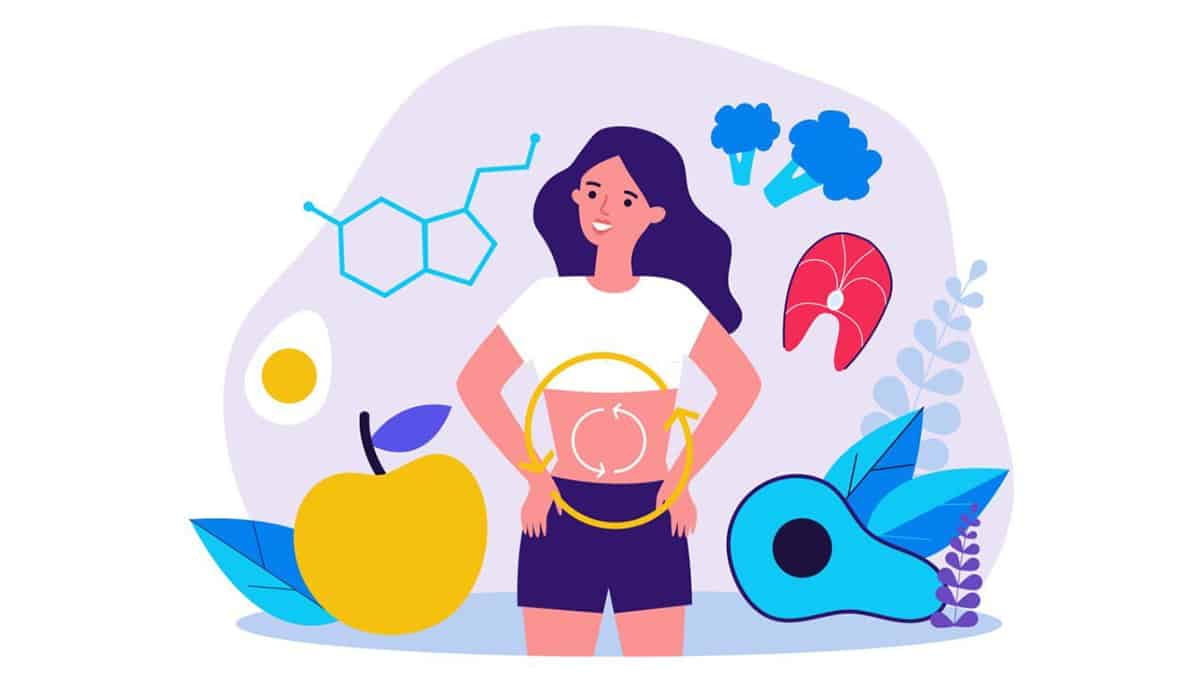
Here’s a riddle to start out with:
Fact 1: In short-term tests, caffeine makes it harder to control your blood sugar properly - in more technical terms, it reduces insulin sensitivity and impairs glucose (carb) tolerance. When researchers follow up a dose of caffeine with a big dose of glucose (carbs), people’s blood sugar stays high for longer. In other words, caffeine makes even healthy people a little bit more like diabetics.
This is a big deal, because blood sugar control is critical for weight loss and overall health. Insulin resistance (which you can read about here if you don’t already know what it is) is a major factor in all the “diseases of civilization,” from the obvious culprits like type 2 diabetes and obesity to the counterintuitive ones like Alzheimer’s disease and periodontal disease (really!).
Fact 2: Coffee is the biggest single source of caffeine for most people in the United States.
Based on those two facts, you might assume that coffee is obviously terrible for your health. But now, the paradox: In long-term studies, drinking caffeinated coffee is consistently associated with a lower risk of developing type 2 diabetes, better glucose tolerance, and weight loss or prevention of weight gain.
So...what gives?
Of course, it could always be true that the association studies are misleading - after all, association doesn’t prove causation, as we all learned with saturated fat! But there’s another explanation: coffee is more than a caffeine delivery vehicle. It’s a whole food that contains dozens of different antioxidants and other compounds. Even decaf coffee still has a whole bunch of other good stuff in it.
Overall, research suggests that moderate daily consumption of coffee might be helpful for metabolic health and preventing chronic disease, because as a whole food, coffee has quite a bit going for it.
Coffee and metabolic health: the good stuff
Caffeine in isolation might be less than great for metabolic health, but take a look at some of the good stuff in coffee, the actual whole food (well, OK, whole drink):
Direct effects on glucose metabolism/carb tolerance
To start with, coffee is one of the most antioxidant-rich foods around (that’s one reason why it has that slightly bitter taste to it). In fact, coffee is one of the major sources of antioxidants in the typical American diet.
Antioxidants in general improve carb tolerance in a variety of ways, and the antioxidants in coffee don’t break the pattern.
For example, this study found that both caffeinated and decaffeinated coffee delayed glucose absorption in the intestine because they’re rich in an antioxidant compound called chlorogenic acid. In other words, when people ate carbs with their coffee, the chlorogenic acid improved blood sugar control and helped prevent them from getting a really fast sugar rush (and then the inevitable crash).
That’s backed up by this study, where researchers gave people either normal coffee with sugar or a special, high-chlorogenic-acid coffee with sugar. The people who got the special coffee had a better metabolic response to the sugar, but that’s not even the best part. The researchers went on to do a longer-term study comparing the special coffee to the normal coffee over 12 weeks. They found that adding more chlorogenic acid improved weight loss by 3.6 kilograms (about 8 pounds). The regular-coffee group lost 1.7 kilograms (nearly 4 pounds) while the special coffee group lost 5.4 (nearly 12 pounds).
This research suggests that chlorogenic acid is a key component of coffee that helps improve blood sugar control, and that the blood sugar benefits translate into weight loss.
Coffee and adiponectin
Moving on to another benefit, coffee also alters the levels of hormones produced in the gut, most notably adiponectin. Adiponectin is a hormone found in fat cells - it’s critical for proper glucose (carb) metabolism and insulin sensitivity. Obese people and people with diabetes have lower levels of adiponectin, and increasing adiponectin levels improves insulin sensitivity.
Coffee drinking is associated with higher levels of the hormone adiponectin, and in human studies giving people coffee to drink increases their adiponectin levels. That might be another reason why coffee is associated with better insulin sensitivity and a lower risk of developing diabetes.
Coffee and the gut microbiome

This one is a little more experimental, but some research indicates that coffee might promote the growth of beneficial gut bacteria. When all the different non-caffeine compounds in coffee hit your digestive system,they turn into food for the different helpful bacteria that live down there - specifically, coffee encourages the growth of bifidobacteria, which are excellent for all kinds of things.
Since gut bacteria are so critical for metabolic health and weight loss (not to mention everything else!), if coffee really does have benefits for gut health, then that could also explain some coffee-related benefits.
Acute vs. chronic coffee consumption
After going through all that, let’s go back to the issue of acute (one-time) vs. chronic (every day) coffee drinking for a second.
With acute consumption, some studies do show that coffee has the same negative effects as caffeine. For example, here, researchers made people quit coffee for 12 weeks while they did a diet and exercise program. Then when they were totally used to life without coffee, the researchers suddenly gave them coffee again, plus a big dose of carbs, and tested their reaction. But in reality, this isn’t how anyone actually drinks coffee! It’s very possible that if you go 12 weeks without coffee and then suddenly have a huge cup of it, you might have some issues, but what about people who habitually drink coffee as part of their daily routine?
Here are two studies where researchers looked at people who usually drink coffee to see how they reacted::
- In habitual coffee drinkers, coffee reduces inflammation, increases adiponectin levels, and doesn’t change blood sugar much at all.
- Another study in habitual coffee drinkers where coffee has benefits for adiponectin without causing any metabolic problems.
As this review points out, it’s likely that the long-term effects of the “good stuff” in coffee outweigh any negative effects of the caffeine when people drink coffee regularly over years. The authors suggested that people might not develop a tolerance to the antioxidants and other non-caffeine compounds in the coffee, so after a while they lose sensitivity to the caffeine but stay sensitive to all the good stuff.
The practical takeaway
Coffee is one of those “gray area” foods on Paleo. Some people wouldn’t dream of giving it up; other people do much better without it. None of the above is earth-shattering enough to justify drinking coffee if it compromises your precious sleep. (Although if you’re super sensitive to caffeine, it’s worth noting that decaf still has all the other good stuff like the antioxidants, so that might be an option).
Several studies show that a coffee habit is associated with a lower risk of developing diabetes, obesity, and metabolic disease - and there’s enough research on the non-caffeine components of coffee to back that up as more than just a fluke of association. Coffee definitely has some nutritional perks! As one piece in a solid Paleo nutritional strategy, it probably has benefits for improving blood sugar regulation, insulin sensitivity, and metabolic health overall.





Leave a Reply